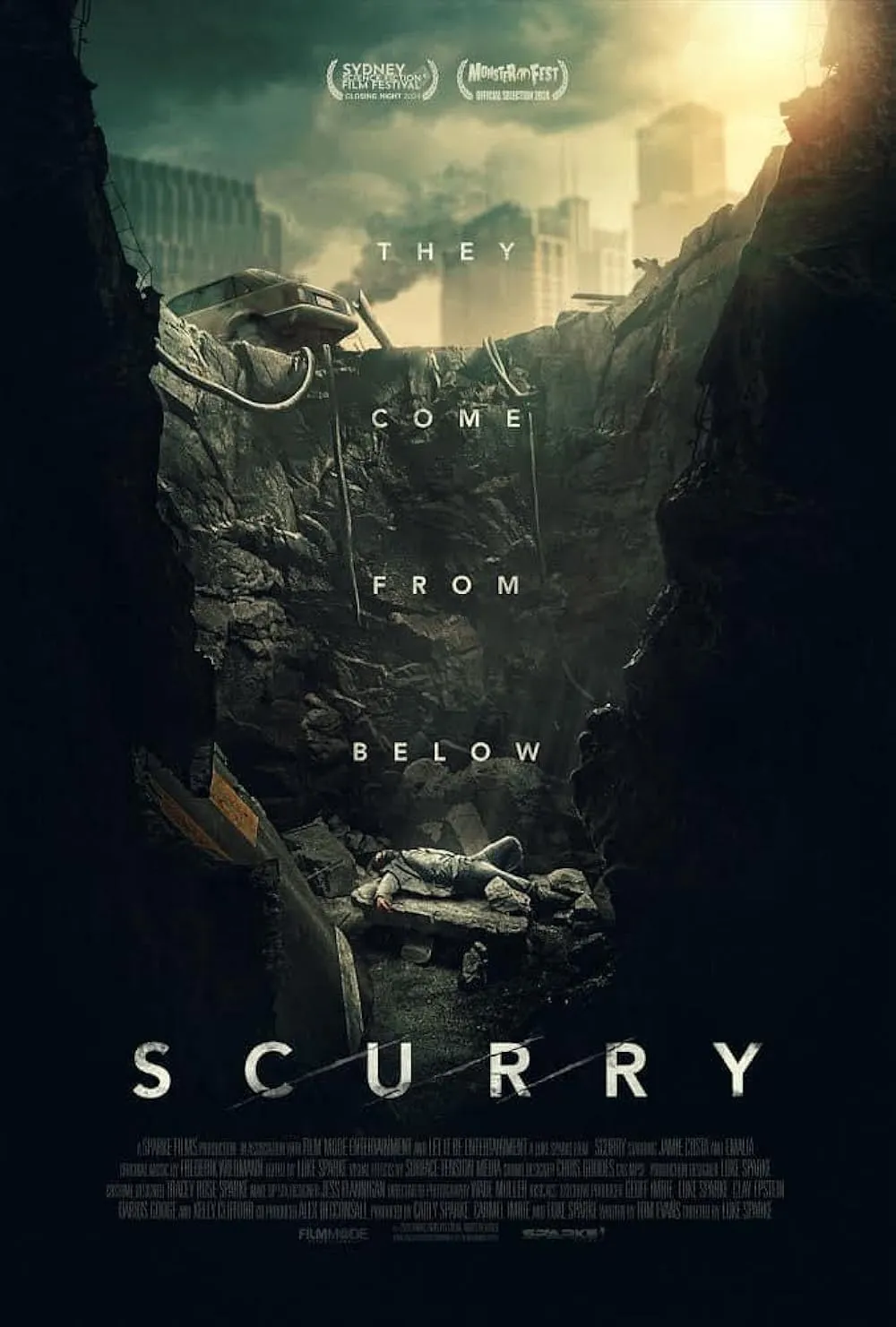He hides in the shadows, but his terror shapes the city’s soul.
“Jack the Ripper (2025)” slashes its way into cinemas as a gripping historical thriller that breathes new life into one of history’s most chilling mysteries. Directed by David Fincher, the film dives into Victorian London’s fog-shrouded alleys, exploring not just the brutality of the murders, but the psychological terror lurking behind them.
Set in 1888, the story follows Inspector Eleanor Grey (Florence Pugh), one of Scotland Yard’s first female detectives, who is determined to break through the male-dominated world of policing. When the mutilated bodies of women start appearing in Whitechapel, Eleanor becomes obsessed with hunting down the elusive killer known only as Jack the Ripper.

As Eleanor digs deeper, she battles not just the killer but also institutional corruption, sensationalist media, and the fear that grips the city. The film blurs lines between hunter and hunted, as Eleanor realizes that the Ripper might be someone closer to her world than she dares imagine.
“Jack the Ripper (2025)” delivers stunning period detail, with atmospheric cinematography capturing rain-slick cobblestones, gaslit streets, and the lurking shadows of London’s underbelly. The murders are depicted with chilling restraint — horrifying but never gratuitous — focusing instead on the psychological toll on both victims and investigators.

At its core, “Jack the Ripper (2025)” is not just about solving a mystery, but confronting the darkness within society — and ourselves. Florence Pugh gives a mesmerizing performance as a woman driven to find justice, even as the case threatens to consume her. The film leaves viewers questioning whether true evil is ever fully unmasked, or if some monsters remain hidden in the shadows.
-1752138282-q80.webp)
-1751344400-q80.webp)

